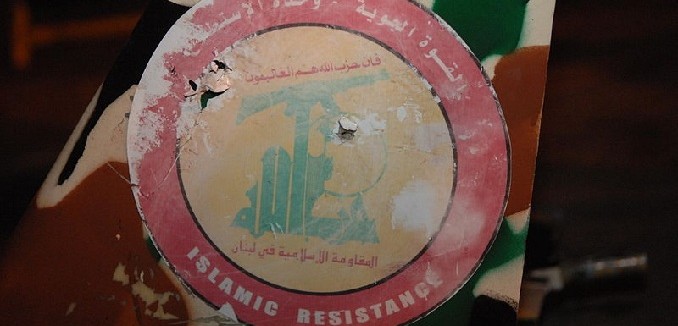Gulf nations will impose sanctions on Hezbollah, with diplomats making a point of telling journalists that their approach will be harsher than the sanctions imposed by the European Union, which earlier this month blacklisted the so-called military wing of the Iran-backed terror group.
Saudi Arabian paper Al-Watan, which cited an unnamed source, wrote that the GCC views Hezbollah as a monolithic organization and “does not differentiate between Hezbollah’s military and political wings.”
In light of the council’s decision not to separate Hezbollah into distinct parts, the source said the GCC’s sanctions are slated to be “more comprehensive than the EU’s decision.”
The E.U.’s distinction between the group’s political and military wings has been rejected by, among others, Hezbollah officials. Members of the Gulf Cooperation Council had already taken steps against Hezbollah, with Saudi Arabia deporting the group’s supporters and Bahrain in April blacklisting the organization in its entirety.
Meanwhile Bulgarian media reported that the operatives behind the July 2012 bombing of an Israeli tourist bus in Burgas, Bulgaria – which Bulgarian investigators had linked to Hezbollah, a declaration that was in large part responsible for the E.U.’s blacklisting decision – had been smuggled into Bulgaria from Poland.
The suspected Hezbollah operatives behind the Burgas attack last July smuggled a detonator and remote control device from Poland into Bulgaria.
The Bulgarian daily Trud reported on Monday that the bomber, who remains unidentified, and the two additional Hezbollah suspects smuggled the bomb devices on a train from Warsaw on June 28.
[Photo: Israel Defense Forces / Wiki Commons]




